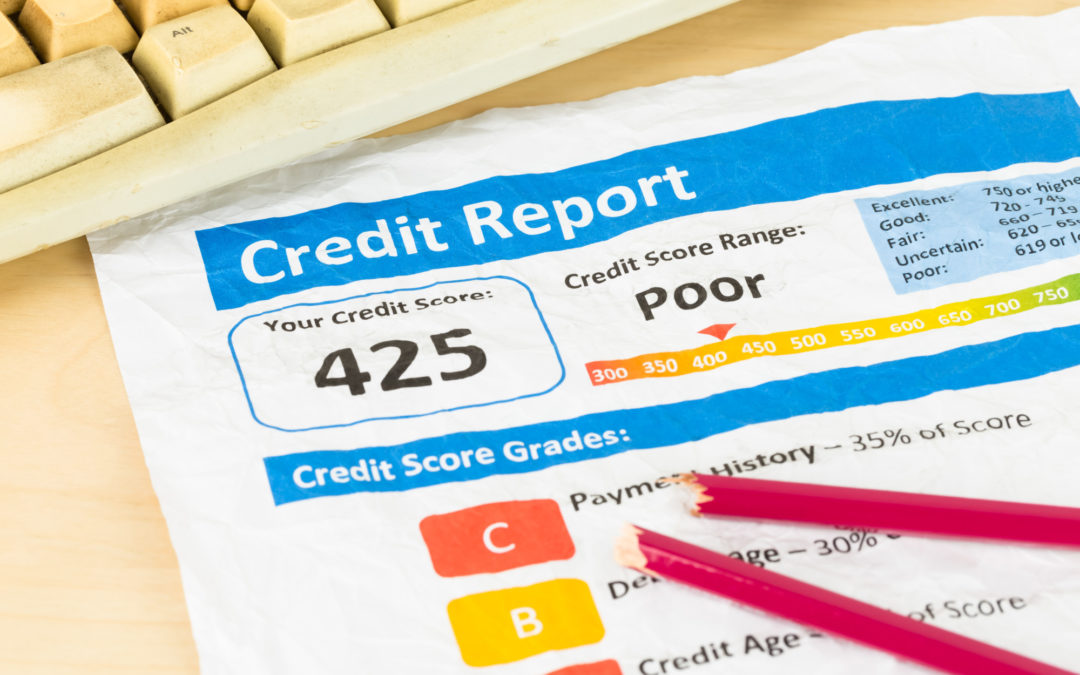Credit is one of those topics that isn’t taught as widely as it should be. Many people have no idea how much information credit bureaus receive or what types of actions and accounts affect their credit scores. This is part of the reason over one-third of Americans have “fair” or “very poor” credit scores.
To try to improve consumer credit-related transparency, the US passed the Fair Credit Reporting Act or FRCA in 1970. While this law has been active for over 50 years, you need to know about the rights it gives you in order to take advantage of them. Here are the essentials you need to know.
What Is the Fair Credit Reporting Act?
The FRCA is a law that sets out rules for credit reporting agencies or credit bureaus. It also outlines limitations and requirements for other companies involved in your credit. This includes the credit card companies and others who give your information to credit bureaus as well as companies who use your credit report.
Ultimately, the goal for the FRCA is to create more consistency and transparency. This is essential because your credit report affects your ability to get a mortgage or rent a home, buy a vehicle, get insurance, and get a job.
The Most Important Parts of FCRA for Consumer Credit
Like any federal law, the full FCRA is detailed and complex. However, these are the key clauses that affect you the most.
You Have a Right to Your Credit Score
The most notable and perhaps most beneficial part of FCRA is your right to get a free copy of your full credit report. Under the law, each credit bureau must give you a free credit report once per year at your request. That’s the important part, though: you need to request it.
There are other circumstances in which the bureaus must give you a free credit report at your request too. These include:
- After you have been denied credit or charged a high interest rate due to your credit score
- If you are a victim of identity theft
- When you are unemployed and will be seeking employment within the next 60 days
- If you are on welfare
- If you have inaccurate information on your credit report because of identity theft
In any of these circumstances, you can request a free credit report from each credit bureau and they must comply.
You Have a Right to Dispute and Investigate Inaccurate Information
When you receive your credit report, the FCRA also gives you the right to dispute any information you believe is a credit report error. You must submit a report to the credit bureau including any information you have that will help them to investigate.
Of course, there are some caveats. First, you need to give the credit bureau enough information for them to investigate the claim. Second, you can’t dispute everything on your credit report.
Third, if a credit bureau investigates and doesn’t find an inaccuracy or identity theft, you can re-dispute it. To do so, though, you need to give them new information they can use for the investigation.
Bureaus Must Delete or Correct Inaccurate or Old Information
According to the FCRA, if a credit bureau investigates your dispute and finds that the information on your credit report is inaccurate, they must remove or correct it. That correction needs to happen within 30-45 days of your dispute, depending on when you submit your information.
The law also requires that the credit bureaus delete old credit information in a timely manner. What defines “old” in this case?
It depends on the type of credit information. Credit inquiries only stay on your credit report for two years. Nearly everything else stays on your report for seven years.
There are some accounts and details that stay on your report for ten years, though. These include:
- Closed accounts in good standing
- Chapter 7 bankruptcy
- Chapter 11 bankruptcy
- Chapter 13 bankruptcy in some cases
The FCRA requires credit bureaus to remove this information promptly when those deadlines arrive. Still, it helps to know the timelines and watch for old data that needs to be removed.
Bureaus Can Only Give Your Information for the Appropriate Purposes
Bureaus cannot sell your credit report to anyone and everyone who requests it. According to the FCRA, they can only sell it to companies that have a permissible reason for it.
Primarily, those reasons include deciding whether to give you new credit, employment screening, underwriting an insurance policy, or any activity in connection with collecting a debt.
Keep in mind that you don’t need to be the one to initiate the action that leads to your credit report being accessed. For example, credit card companies often run large-scale credit screenings so they can send “pre-approved” offers to select people. The FCRA requires credit bureaus to allow you to opt-out of these if you choose.
Information Providers Have Rules Too
The FCRA doesn’t just lay down the law for credit bureaus. It has requirements for the companies who report your information to them as well. That includes credit card companies, collection agencies, lenders, and so on.
The law states that these companies must provide accurate information. If they find out later that the data was inaccurate, they must correct it promptly. In addition, if these companies report anything negative to the credit bureaus, they must inform you.
There are requirements related to identity theft too. The FCRA dictates that these companies must have a procedure in place that they follow when they receive a notice of identity theft. If you have reported that an account is the result of identity theft, such as a credit card someone opened in your name, the company can’t report that account’s information to the credit bureaus.
Businesses Who Use Your Credit Report Have Rules as Well
On top of credit bureaus and the companies who report to them, companies who purchase your credit report have legal obligations too. According to the FCRA, they must inform you if your credit report was the reason they denied you for a credit account, home, job, or whatever else you had applied for. They must then give you the name and address of the credit bureau whose report they used.
What to Do if You Think Your FCRA Rights Were Violated
Understanding your rights under the FCRA is an important first step. If you believe your consumer credit rights have been violated, the next step is to contact our credit specialist to find out what your next steps may be.


Recent Comments